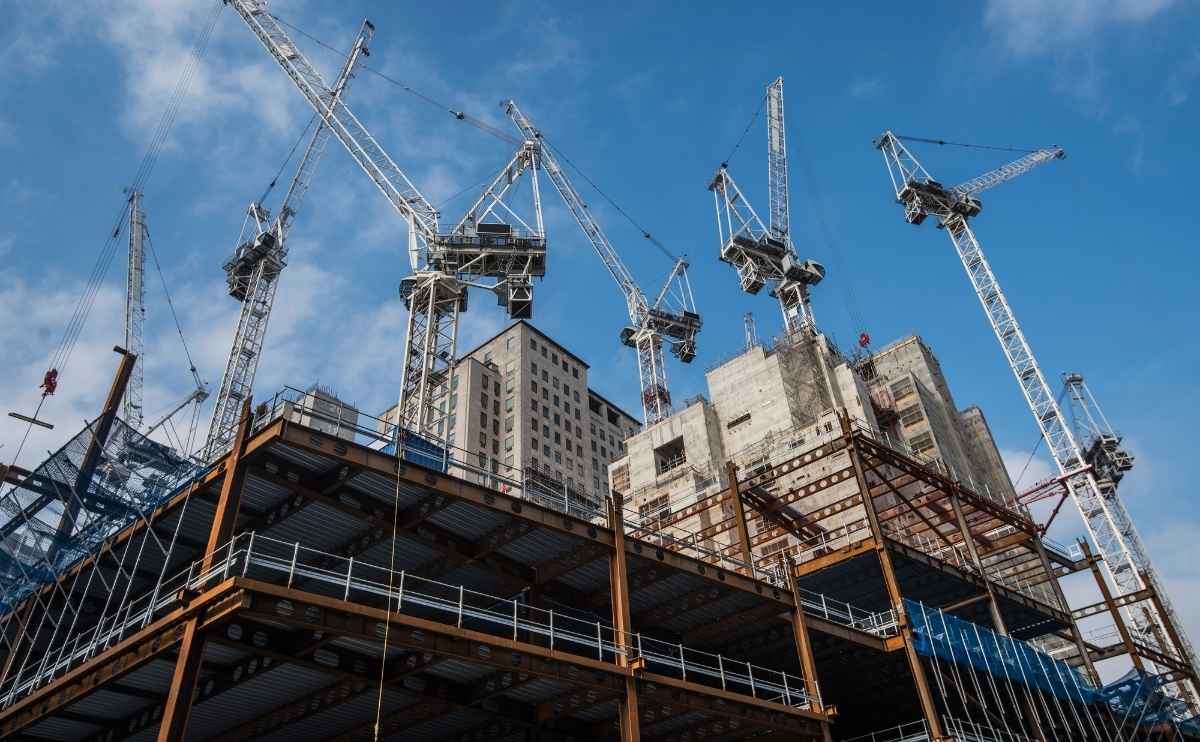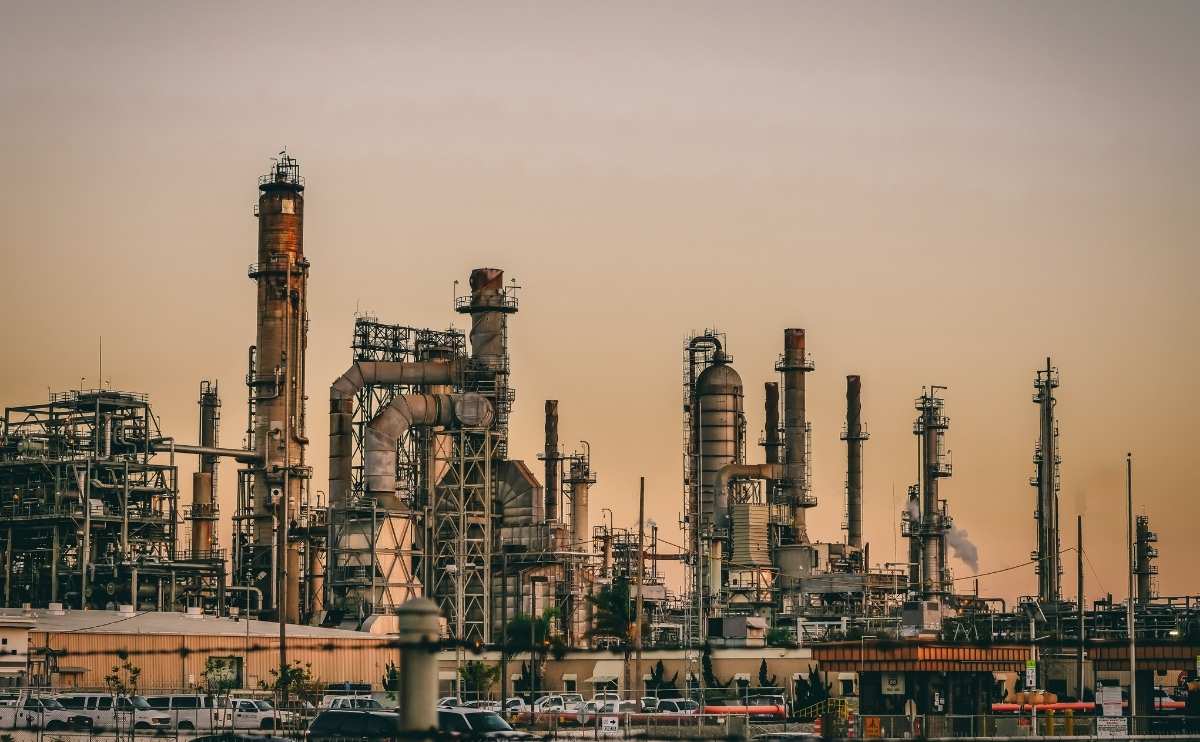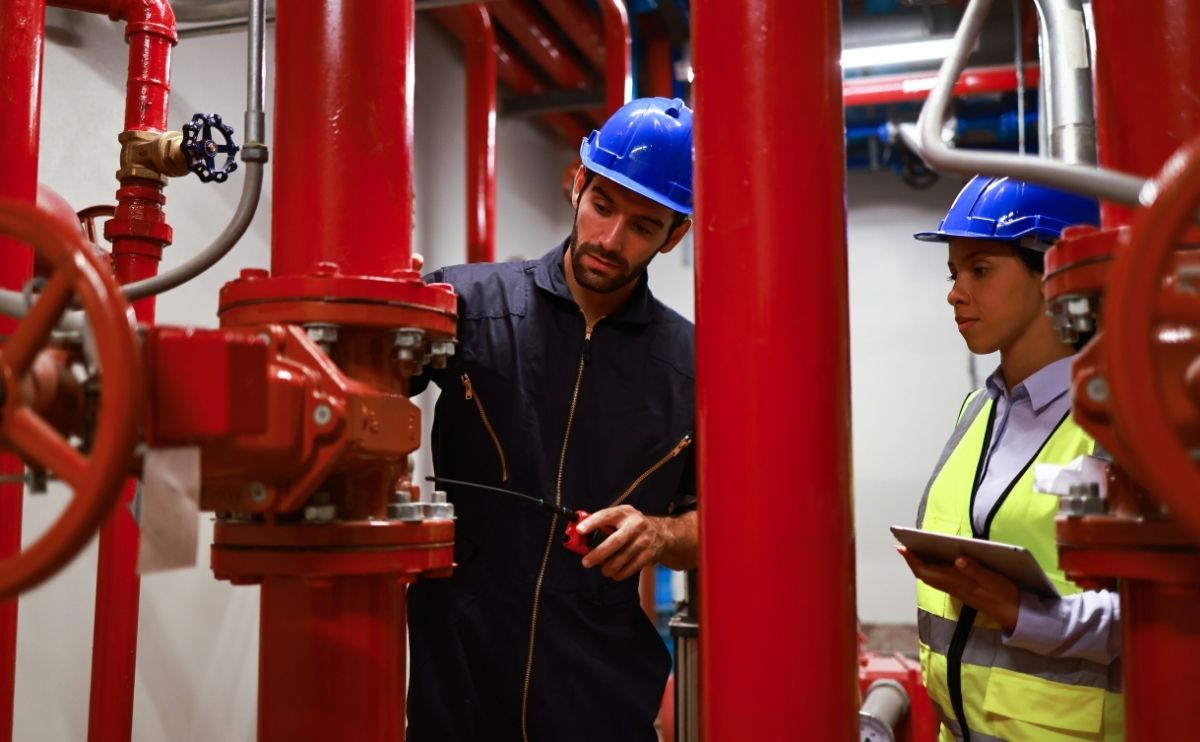Introduction
Construction sites today rely on advanced equipment to maintain efficiency, productivity, and safety. With demanding timelines and high standards, having the right tools is essential for every stage of the construction process. Whether it’s handling water levels, ensuring a steady power supply, or preparing concrete, specific equipment is indispensable. Here’s a look at the top five construction equipment essentials for a modern site, each crucial to keeping operations running smoothly.
Pumps: For Efficient Dewatering and Water Management
One of the biggest challenges on construction sites is managing water levels, especially in areas prone to flooding or heavy rainfall. Pumps, a vital piece of construction equipment, are essential for dewatering—removing excess water from excavation sites, foundations, or trenches to prevent delays and ensure safe working conditions. For detailed guidance on keeping pumps in excellent working condition, check out this Essential Guide to Maintaining Industrial Pumps.
- Industrial Pumps: Designed to handle large volumes, industrial pumps are a key part of construction equipment, built for durability and heavy use.
- Submersible Pumps: Ideal for deep excavations or areas with high water tables, submersible pumps can operate underwater to quickly clear flooded zones.
- Trash Pumps: Perfect for sites with debris-filled water, trash pumps are another essential construction equipment tool for managing water containing solids and keeping the construction area clear.
Using pumps ensures safe, dry conditions for workers, reduces downtime, and helps maintain the structural integrity of the construction site. The right dewatering equipment makes all the difference in ensuring smooth operations and timely project completion.
Piping Solutions: Durable and Reliable for Every Site
Piping solutions are critical for transporting water, fuel, and other essential fluids across a construction site. Durability and flexibility are key factors since pipes must withstand heavy loads, extreme weather, and frequent handling. If you’re exploring material options, read about the Benefits of Using Stainless Steel in Industrial Piping for insights on why it’s a preferred choice for many construction applications.
- Steel and Polyethylene Pipes: Known for their resilience, steel and polyethylene pipes are popular on construction sites for their ability to withstand tough conditions.
- Flexible Piping Solutions: For temporary setups, flexible pipes are easy to move and install, making them ideal for adapting to changing site requirements.
- Insulated Pipes: Insulated piping helps prevent heat loss, ensuring efficient energy use when transferring hot water or other heated fluids.
Investing in quality piping solutions not only boosts efficiency but also minimizes the risk of leaks or contamination, helping to maintain a safe and productive site.
Compressors: Powering Tools for Efficiency
Compressors are essential equipment on any construction site, providing power for pneumatic tools like jackhammers, drills, and compactors. With compressed air systems, construction teams can complete tasks quickly and efficiently, without relying solely on electrical power.
- Portable Compressors: These compressors are easy to move around, making them ideal for powering tools across different areas of the site.
- High-Pressure Compressors: For tasks that require extra force, high-pressure compressors provide the necessary power to break through tough materials.
- Multi-Tool Compatibility: Many compressors are compatible with multiple tools, reducing the need for separate power sources and streamlining site operations.
By powering tools efficiently, compressors improve productivity, reduce manual labor, and allow workers to accomplish tasks faster and more safely.
Mixers: Essential for Quick and Consistent Concrete Preparation
Concrete mixers are indispensable pieces of construction equipment on construction sites, enabling quick and consistent concrete mixing. These machines allow workers to prepare concrete on-demand, ensuring the right consistency and strength for specific applications, such as foundations, columns, and beams. As essential construction equipment, mixers contribute to efficiency and precision in every project.
- Portable Concrete Mixers: Portable mixers offer flexibility, allowing workers to mix concrete at different locations on the site.
- Batch Mixers: Batch mixers are ideal for larger projects where high volumes of concrete are needed quickly, helping maintain project timelines.
- Continuous Mixers: For extended concrete pours, continuous mixers provide a steady flow of concrete, reducing the need for frequent stops.
Mixers not only save time but also enhance concrete quality, ensuring structures are built with durable, consistent materials.
Generators: Reliable Power Supply for All Site Needs
A reliable power source is essential on construction sites, where multiple pieces of construction equipment and lighting need a continuous supply of electricity. Generators, a critical component of construction equipment, provide a dependable power source, especially in remote locations or during power outages.
- Diesel Generators: Known for their durability and fuel efficiency, diesel generators are widely used for construction sites with high power demands.
- Portable Generators: These are perfect for smaller projects or where mobility is essential, allowing workers to move the power source as needed.
- Hybrid Generators: Combining traditional fuel sources with renewable energy, hybrid generators offer a more sustainable power solution while lowering fuel consumption.
Generators enable seamless operations, supporting everything from lighting to heavy machinery, ensuring minimal disruptions and keeping the project on track.
Conclusion
Investing in high-quality construction equipment is essential for modern sites. Each piece of construction equipment—whether pumps, piping, compressors, mixers, or generators—plays a crucial role in maintaining productivity, ensuring safety, and optimizing resources. By using the right construction equipment, construction sites can operate more efficiently, meet project deadlines, and provide a safer working environment for everyone involved.




